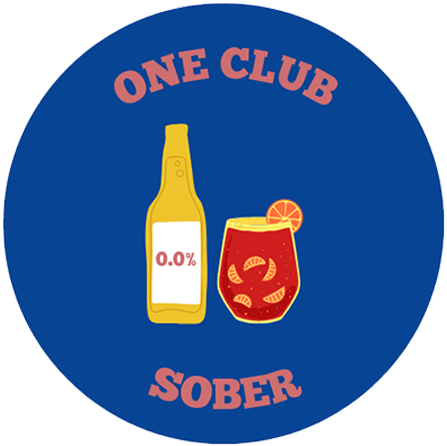Before you pop open that non-alcoholic wine, you might be wondering is non-alcoholic wine vegan? Turns out, many non-alcoholic wines are vegan, but not all are.
It’s easy to think that all non-alcoholic wines are vegan since wine comes from fermenting crushed grapes. While wine comes from grapes, a lot goes on during the wine-making process that might make a wine unsuitable for vegans.
Also Read: Your Non-Alcoholic Beer Might Not Be Vegan. Here’s How To Tell

Is Non-Alcoholic Wine Vegan?
Unfortunately, not all non-alcoholic wines are vegan.
Some wineries use animal-derived products during the wine-making process, which makes the non-alcoholic wine unsuitable for vegans.
For example, animal-derived ingredients or additives might be added to bring out a flavor or characteristic of a wine. Animal-derived products might also be used in the filtration process.
Animal-derived ingredients might also be used in the bottle. For example, beeswax is sometimes used to seal bottles and agglomerated corks use milk-based glues.

How To Tell If A Non-Alcoholic Wine Is Vegan-Friendly
I always recommend people start by checking the wine label or packaging. Most wine labels will have a vegan label if they follow a vegan wine-making process.
Some might even include warnings on their label if they include animal-derived ingredients. For example, it might read: This product may have been produced with the aid of isinglass.

Find out the ingredients and fining process
Wine fermentation involves yeast to the grape juice to create alcohol.
During this process where yeast reacts with the sugars in the grape juice to produce alcohol, it gets messy and tiny insoluble particles are left suspended in the wine.
To remove these particles so that the wine looks prettier and taste better, the wine is filtered using substances known as “fining agents”.
Fining agents help to remove organic particles such as grape skin or pulp, and help to clear cloudiness and “off” coloring.
Traditionally, many of the fining agents used contained animal products. Egg whites (known as albumin) are traditionally used for red wines, while milk protein (known as casein) are used for white wines.
Here are some animal-derived fining agents to avoid:
- Casein (milk protein) – used to bind floating particles together and mainly for fining white wine and Sherries
- Chitin – a fiber from crustacean shells used for filtration
- Egg albumen – derived from egg whites and used to reduce harsh astringency in red wines
- Gelatin – derived from boiling animal parts and used to reduce bitterness, astringency and browning
- Isinglass – derived from fish bladders and used for clarifying white wines
Check if there are allergens listed
Unfortunately, looking at the wine label alone won’t tell you if animal-derived materials are used as fining agents. Some fining agents like albumin and casein are classed as processing agents, not as additives or ingredients.
One way to tell if animal-derived materials are used as fining agents is by checking for allergens listed on the label. For example, casein is derived from milk products and must be on the wine label due to laws around allergens.
Check if the label says “Unfiltered” or “Unfined”
Some non-alcoholic wine labels might have the term “Unfiltered” or “Unfined” to show that the wine is a vegan-friendly wine and made without fining agents.
Reach out to the company directly
It can be difficult telling if a non-alcoholic wine is vegan just by reading the label. If in doubt, reach out to the winery as many will indicate on their website whether their wines are vegan.
You can also use Barnivore to check if a non-alcoholic wine is vegan. Its database contains confirmations from many wineries about whether their wines are vegan-friendly.
Interested in more articles about vegan non-alcoholic drinks? Check out our other articles below:
